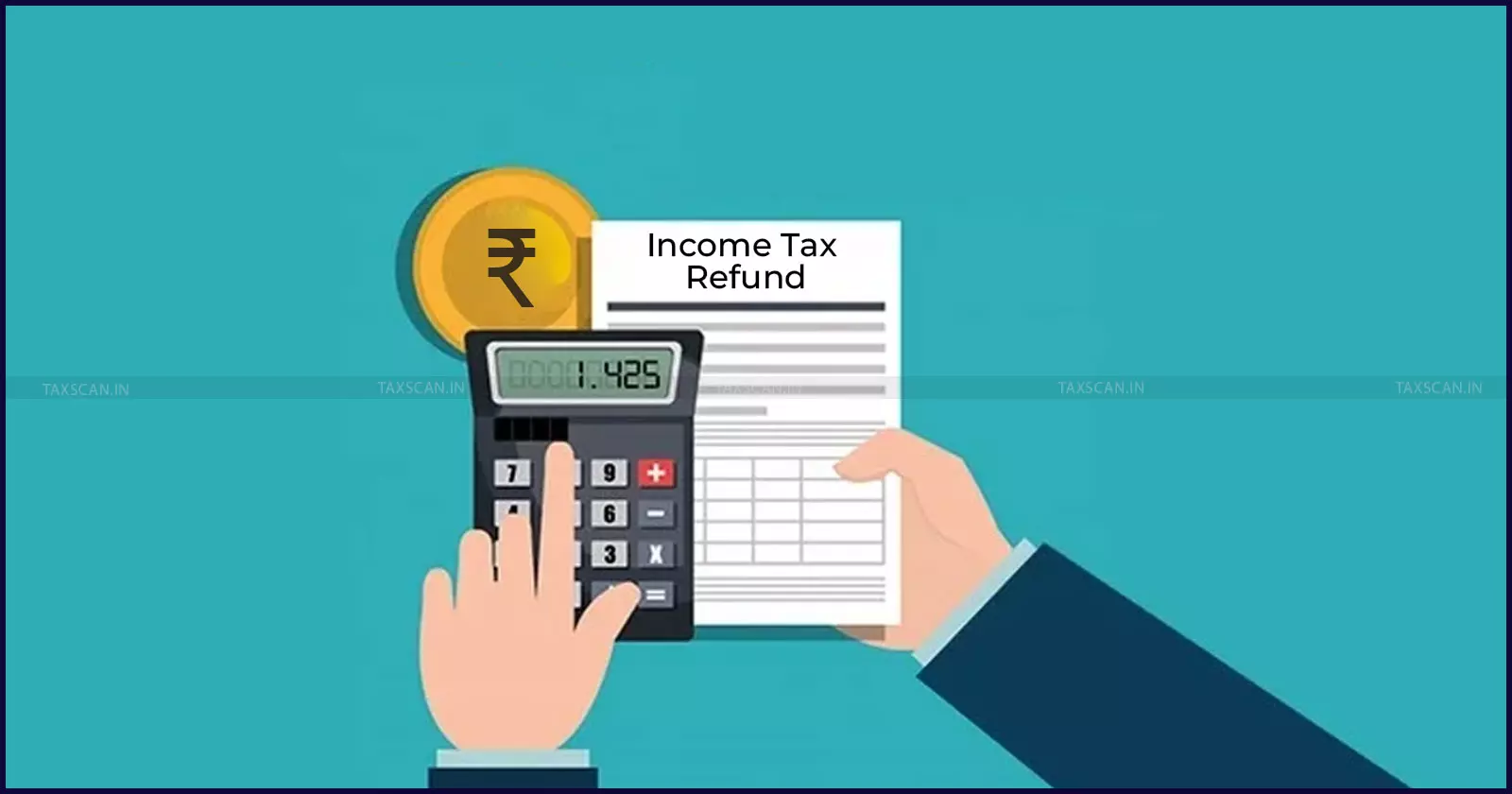Income Tax Refunds above ₹50,000: Here’s Why Some Get Delayed
Income tax refunds above Rs. 50,000 are not deliberately delayed, but they may take longer due to extra checks and a last-minute filing rush

As the deadline for filing income tax returns (September 16, 2025) has passed, many taxpayers are waiting for refunds. Those expecting refunds above Rs. 50,000 are especially anxious. Recent reports suggest several reasons why larger refunds may take extra time.
The income tax rules, experts say, do not treat refund amounts differently based on size. Whether someone is getting Rs. 10,000 or several lakhs, the same formal process applies. But larger refunds often require additional checks, which can slow things down.
One big reason for delays is false exemption claims. The Income Tax Department recently found fraudulent claims totaling about Rs. 700 crore under exemptions, particularly under the old tax regime. Because of this, tax authorities are applying stricter risk assessments when processing returns. As part of that scrutiny, returns with large refunds are more likely to be examined in detail.
Other causes include mismatches in data, such as differences between the taxpayer’s return, Form 26AS, or Annual InformationStatement (AIS). If bank account details are wrong, or if the bank account isn't properly pre-validated (for example incorrect IFSC code or name mismatch), the refund may be delayed. Also, returns filed very close to the deadline have been affected by portal overloads, which delay the e-verification process.
On average, most refunds are being credited within two to five weeks, once the return is e-verified. Simpler returns (those with only salary income and basic deductions) are processed faster. Returns that include business income, capital gains, or several deductions tend to take longer because of the extra verification required.
Tax authorities also confirm there is no upper limit on refunds. Any excess tax paid is refundable. Even for high refund amounts, if all data is accurate and the taxpayer has complied with requirements (like linking PAN with Aadhaar, pre-validating bank account), the money will reach the bank account once checks are complete.
For taxpayers worried about delays, experts advise double-checking personal information and tax data, completing e-verification promptly, and tracking refund status via the income tax portal. Having everything in order speeds up processing.
In sum, large refunds are not deliberately delayed, but they often undergo more detailed scrutiny, which takes extra time. As long as your return is error-free and all requirements are met, you can expect your refund within the usual timeframe.
Support our journalism by subscribing to Taxscan premium. Follow us on Telegram for quick updates


